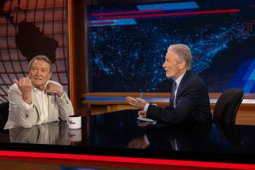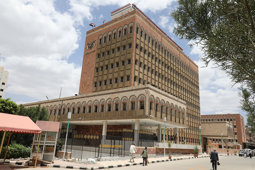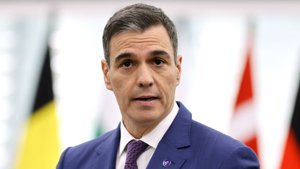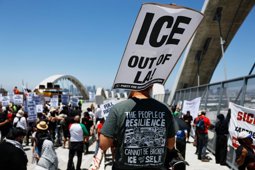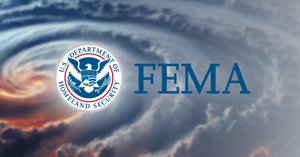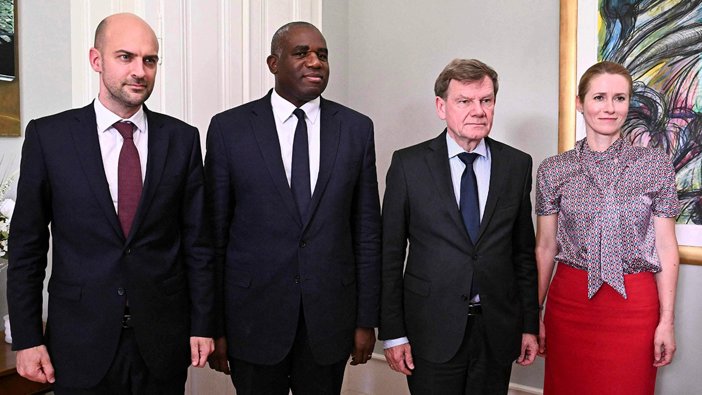
Diplomats Push Iran to Resume US Nuclear Talks
European diplomats push Iran to continue nuclear talks with the US after strikes, as Trump dismisses EU role and warns of Iran’s progress.
European Envoys Call for Renewed Diplomacy Amid Escalating Tensions
Diplomats from the United Kingdom, France, Germany, and the European Union held high-stakes talks with Iran’s foreign minister Abbas Araghchi in Geneva on Friday, marking the first face-to-face encounter since nuclear negotiations with the US collapsed and hostilities between Israel and Iran escalated. The European officials used the meeting to urge Tehran to return to the negotiating table with the United States, emphasizing that continued dialogue was the only path to prevent further instability and nuclear proliferation in the region.
“We are keen to continue ongoing discussions and negotiations with Iran, and we urge Iran to continue their talks with the United States,” said UK Foreign Secretary David Lammy. “We were clear: Iran cannot have a nuclear weapon.” German Foreign Minister Johann Wadephul called the talks “very serious,” adding, “the good result today is that we leave the room with the impression that the Iranian side is fundamentally ready to continue talking about all important issues.” The three-hour session was the first opportunity for direct engagement since Israeli airstrikes on Iranian nuclear sites triggered a new round of retaliatory attacks.
French Foreign Minister Jean-Noël Barrot warned that military operations could only delay Iran’s nuclear program, not eliminate it, and cited historical failures of forced regime change. In a joint statement, the diplomats expressed grave concern over rising tensions and reiterated their commitment to Israel’s security, while urging all sides to avoid further escalation and work towards a negotiated solution ensuring Iran never acquires a nuclear weapon.
Trump Downplays European Efforts, Presses for Direct US-Iran Talks
President Donald Trump was notably dismissive of the Geneva meeting, telling reporters, “Europe is not going to help. They want to speak to us.” Trump reiterated that only direct US-Iran negotiations could resolve the crisis, asserting that Tehran prefers talks with Washington over European intermediaries. Trump also addressed questions about his stance on the use of military force against Iran, stating, “Yes, I may do it. I may not do it. I mean, nobody knows what I’m going to do. Iran’s got a lot of trouble, and they want to negotiate.”
The president directly contradicted Director of National Intelligence Tulsi Gabbard, who previously told the Senate that Iran was not building a nuclear weapon. “She’s wrong,” Trump said, insisting that Iran is close to assembling a nuclear weapon, and that the US “can’t let that happen.” He emphasized the urgency by citing intelligence about Iran’s stockpile of near weapons-grade enriched uranium, echoing warnings from the International Atomic Energy Agency’s latest reports.
Trump’s remarks sparked a public response from Gabbard, who accused the media of misrepresenting her statements. She clarified that US intelligence assesses Iran could produce a nuclear weapon within weeks or months if it decides to finalize assembly. Senate Intelligence Committee Vice Chair Mark Warner confirmed that current intelligence supports Gabbard’s assessment, but Trump maintained, “I think they were very close to having one.”
As European and US officials debate the best course of action, the coming weeks will be crucial for nuclear diplomacy and regional stability. Both sides have expressed a willingness to meet again, but uncertainty remains over Iran’s nuclear ambitions and the international community’s ability to avert a broader crisis.


